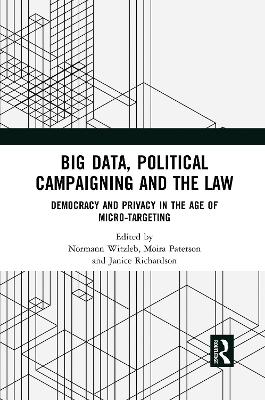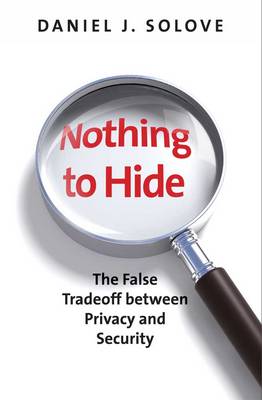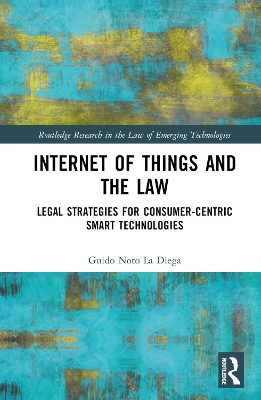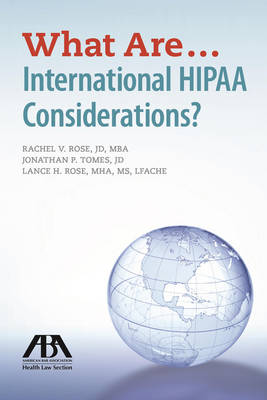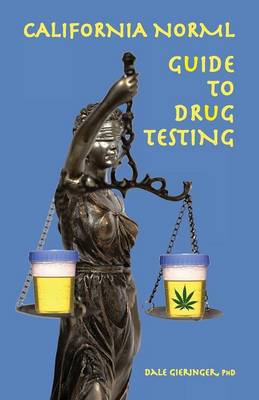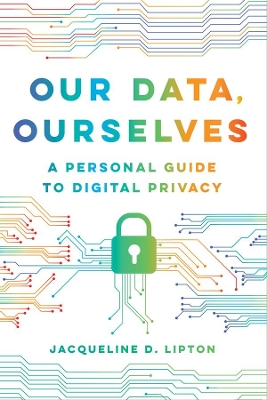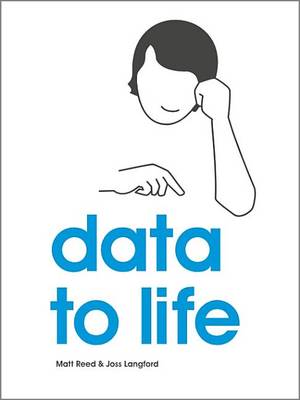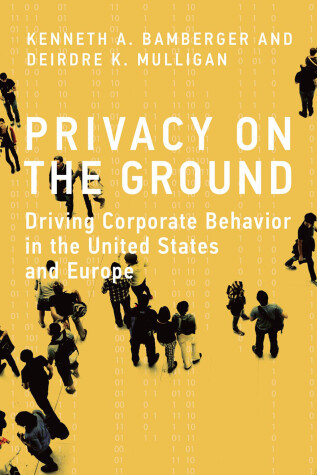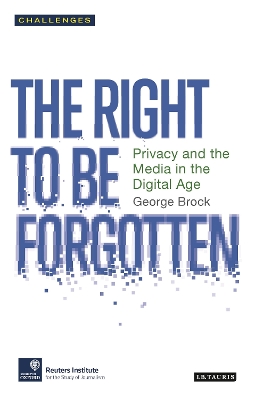Every day, corporations are connecting the dots about our personal behavior-silently scrutinizing clues left behind by our work habits and Internet use. The data compiled and portraits created are incredibly detailed, to the point of being invasive. But who connects the dots about what firms are doing with this information? The Black Box Society argues that we all need to be able to do so-and to set limits on how big data affects our lives.Hidden algorithms can make (or ruin) reputations, decide...
Big Data, Political Campaigning and the Law
In this multidisciplinary book, experts from around the globe examine how data-driven political campaigning works, what challenges it poses for personal privacy and democracy, and how emerging practices should be regulated. The rise of big data analytics in the political process has triggered official investigations in many countries around the world, and become the subject of broad and intense debate. Political parties increasingly rely on data analytics to profile the electorate and to target...
Advocating a style of law and a role for legal agency which returns to its essential humanist ideology and represents public spiritedness, this unique book confronts the myths surrounding globalisation, advancing the role for law as a change agent unburdened from its current market functionality. Mark Findlay argues that law has a new and urgent relevance to confront the absence of resilience in self-determined market places, and to make coherent the anarchic forces which are running, and ruini...
Internet of Things and the Law (Routledge Research in the Law of Emerging Technologies)
by Guido Noto La Diega
Internet of Things and the Law: Legal Strategies for Consumer-Centric Smart Technologies is the most comprehensive and up-to-date analysis of the legal issues in the Internet of Things (IoT). For decades, the decreasing importance of tangible wealth and power - and the corresponding increasing significance of their disembodied counterparts - has been the subject of much legal analysis. For some time now, legal scholars have grappled with how laws drafted for tangible property and pre-digital 'of...
The Governance of Privacy (The MIT Press)
by Colin J. Bennett and Charles D. Raab
This book offers a broad and incisive analysis of the governance of privacy protection with regard to personal information in contemporary advanced industrial states. Based on research across many countries, it discusses the goals of privacy protection policy and the changing discourse surrounding the privacy issue, concerning risk, trust and social values. It analyzes at length the contemporary policy instruments that together comprise the inventory of possible solutions to the problem of pri...
The SAGE Encyclopedia of Surveillance, Security, and Privacy
Although surveillance hit the headlines with revelations by Edward Snowden that the NSA had been tracking phone calls worldwide, surveillance of citizens by their governments actually has been conducted for centuries. Only now, with the advent of modern technologies, it has exponentially evolved so that today you can barely step out your door without being watched or recorded in some way. In addition to the political and security surveillance unveiled by the Snowden revelations, think about corp...
This highly technical work is at the leading edge of spatial analysis. It covers the Global Monitoring for Environment and Security (GMES) initiative in the international context of access to environmental data. This book identifies the data policy issues, such as intellectual property rights, privacy, licensing and archiving policies, that affect environmental monitoring organisations, statistical institutes, mapping agencies, institutes for natural resources and Earth observation. It recommend...
As America reacts to Edward Snowden’s leaks about NSA surveillance, American Privacy offers a timely look at our national experience with the right to privacy. “The history of America is the history of the right to privacy,” writes Frederick S. Lane in this vivid and penetrating exploration of our most hotly debated constitutional right. From Governor William Bradford opening colonists’ mail bound for England, to President George W. Bush’s expansive domestic wiretapping, the motivations behin...
What are...International HIPAA Considerations?
by Jonathan P. Tomes, Rachel V. Rose, and Lance H. Rose
As part of the "What Is" series, the purpose is to provide a preliminary overview of HIPAA and the HITECH Act in relation to correlating international laws in some strategic countries, as well as providing practical guidance for evaluating business associates and executing business associate agreements. Three countries in particular will be highlighted: the U.S., the U.K. and India. This gives a perspective on the U.S. laws in relation to an established market and an emerging market, whose laws...
The crypto wars have raged for half a century. In the 1970s, digital privacy activists prophesied the emergence of an Orwellian State, made possible by computer-mediated mass surveillance. The antidote: digital encryption. The U.S. government warned encryption would not only prevent surveillance of law-abiding citizens, but of criminals, terrorists, and foreign spies, ushering in a rival dystopian future. Both parties fought to defend the citizenry from what they believed the most perilous...
This timely book examines crucial developments in the field of privacy law, efforts by legal systems to impose their data protection standards beyond their borders and claims by states to assert sovereignty over data. By bringing together renowned international privacy experts from the EU and the US, the book provides an accurate analysis of key trends and prospects in the transatlantic context, including spaces of tensions and cooperation between the EU and the US in the field of data protecti...
It was the biggest leak in history. WikiLeaks infuriated the world's greatest superpower, embarrassed the British royal family and helped cause a revolution in Africa. The man behind it was Julian Assange, one of the strangest figures ever to become a worldwide celebrity. Was he an internet messiah or a cyber-terrorist? Information freedom fighter or sex criminal? The debate would echo around the globe as US politicians called for his assassination. Award-winning "Guardian" journalists David Lei...
In determining the news that's fit to print, U.S. courts have traditionally declined to second-guess professional journalists. But in an age when news, entertainment, and new media outlets are constantly pushing the envelope of acceptable content, the consensus over press freedoms is eroding. The First Amendment Bubble examines how unbridled media are endangering the constitutional privileges journalists gained in the past century.For decades, judges have generally affirmed that individual priva...
Contemporary Perspectives on Legal Obligation
Bringing together world-class scholars who have devoted themselves to the study of legal obligation, this book addresses key dimensions of the current debate: providing novel insights and perspectives, as well as critically discussing the leading theories of legal obligation. The notion of legal obligation is widely regarded as fundamental by both legal practitioners and legal theorists. For the language that explicitly refers to obligation is pervasive insofar as paradigmatic legal materials...
A practical, user-friendly handbook for understanding and protecting our personal data and digital privacy. Our Data, Ourselves addresses a common and crucial question: What can we as private individuals do to protect our personal information in a digital world? In this practical handbook, legal expert Jacqueline D. Lipton guides readers through important issues involving technology, data collection, and digital privacy as they apply to our daily lives. Our Data, Ourselves covers a broad ran...
In the past forty years, the idea of home, which is central to how the law conceives of crime, punishment, and privacy, has changed radically. Legal scholar Jeannie Suk shows how the legitimate goal of legal feminists to protect women from domestic abuse has led to a new and unexpected set of legal practices. In At Home in the Law, Suk argues that the growing legal vision that has led to the breakdown of traditional boundaries between public and private space is resulting in a substantial reduct...
Privacy on the Ground (Information Policy)
by Kenneth A. Bamberger and Deirdre K. Mulligan
An examination of corporate privacy management in the United States, Germany, Spain, France, and the United Kingdom, identifying international best practices and making policy recommendations.Barely a week goes by without a new privacy revelation or scandal. Whether by hackers or spy agencies or social networks, violations of our personal information have shaken entire industries, corroded relations among nations, and bred distrust between democratic governments and their citizens. Polls reflect...
The human race now creates, distributes and stores more information than at any other time in history. Frictionless and cheap digital networks circulate information in ways which either authors or subjects are unable to trace or control. Servers store data which can be found on the world wide web years after it has ceased to be accurate or relevant to its original use. These developments have given rise to a movement promoting a 'right to be forgotten': an argument that freedom of expression sho...

